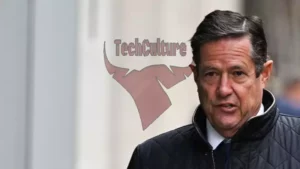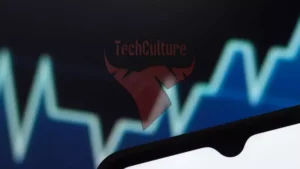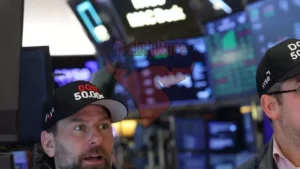Former Tesla Executive Weighs in on Robotaxi Reveal and EV Industry Challenges
Jon McNeill, former Tesla and Lyft executive and current CEO of DVx Ventures, recently shared insights on Tesla’s automation goals and the challenges facing the electric vehicle (EV) industry. Speaking at the World Business Forum, McNeill discussed the “Tesla innovation method” of radical simplification and its application to the company’s autonomous driving efforts.
Tesla’s automation initiative, which began with the introduction of Autopilot in 2015, has been a major focus for the company. However, the recent reveal of Tesla’s Robotaxi project left many industry observers underwhelmed. Despite high expectations for breakthroughs comparable to Waymo and Cruise’s Level 4 automation, Tesla unveiled only 20 prototypes without providing a clear roadmap for future developments. CEO Elon Musk mentioned a potential 2025 launch for an autonomous ride-hail service, but details remain scarce.
McNeill addressed Tesla’s controversial decision to pursue a vision-only approach to automation, eschewing lidar technology. While this aligns with the company’s simplification strategy, concerns persist about the effectiveness of vision-only systems, particularly in challenging environmental conditions such as snow, fog, and darkness. Tesla is developing its Dojo supercomputer to train neural networks for full self-driving capabilities, but McNeill acknowledged the potential for this approach to fail.
The former executive emphasized the importance of safety in autonomous driving systems, suggesting that lidar technology could be crucial in overcoming the limitations of vision-based systems. As lidar costs decrease, McNeill speculated on the possibility of Tesla reintroducing the technology, potentially offering free retrofits for vehicles with outdated hardware.
Turning to the broader EV industry, McNeill highlighted the challenges facing startups today. Companies like Fisker, Rivian, and Canoo are struggling to overcome the complexities of building cars from scratch and scaling production. McNeill stressed the importance of strong, visionary leadership in navigating these obstacles, citing Elon Musk as an example.
The EV industry as a whole faces significant hurdles, including high fixed costs and intense competitive pressures. Even established automakers like Stellantis and Volkswagen are grappling with the transition to electric vehicles, underscoring the difficulties in this rapidly evolving market.
As the autonomous driving and EV landscapes continue to evolve, industry watchers will be closely monitoring Tesla’s next moves and the ability of startups to overcome the challenges inherent in this competitive and complex sector.



